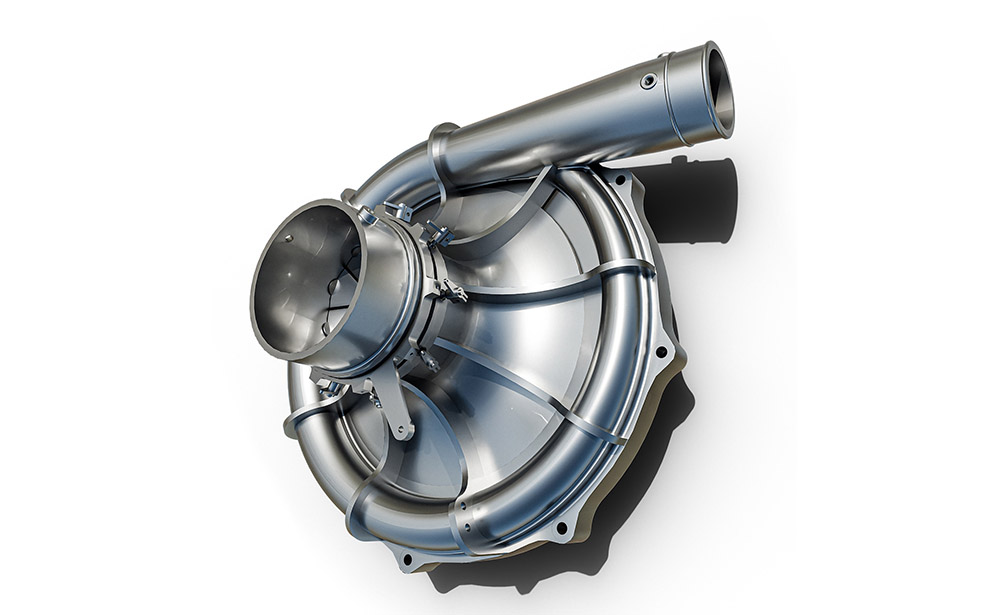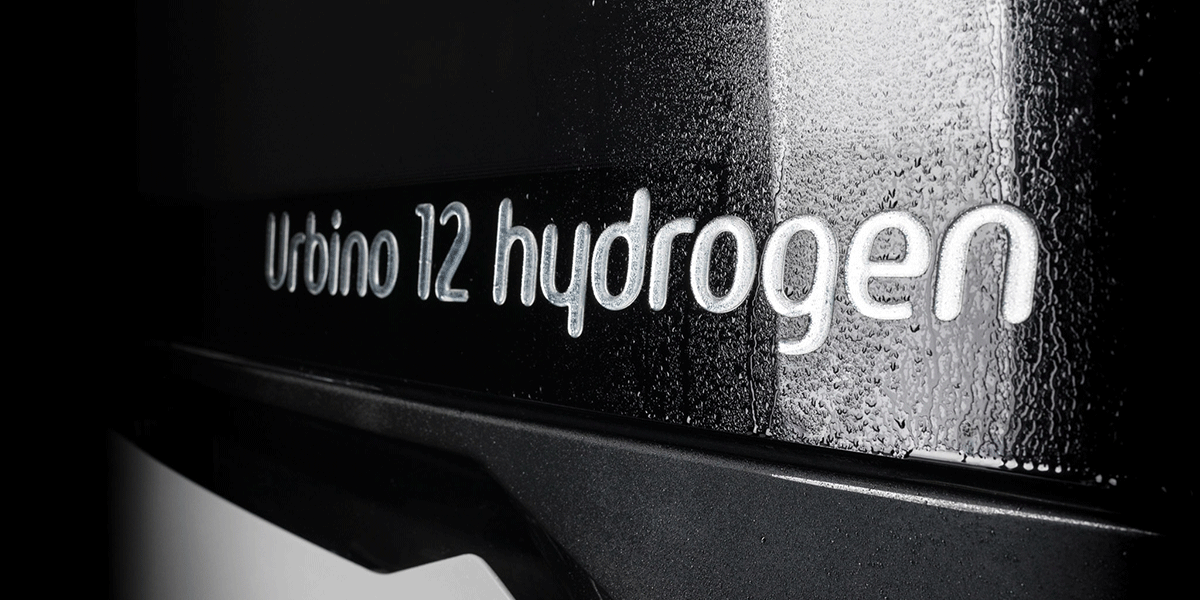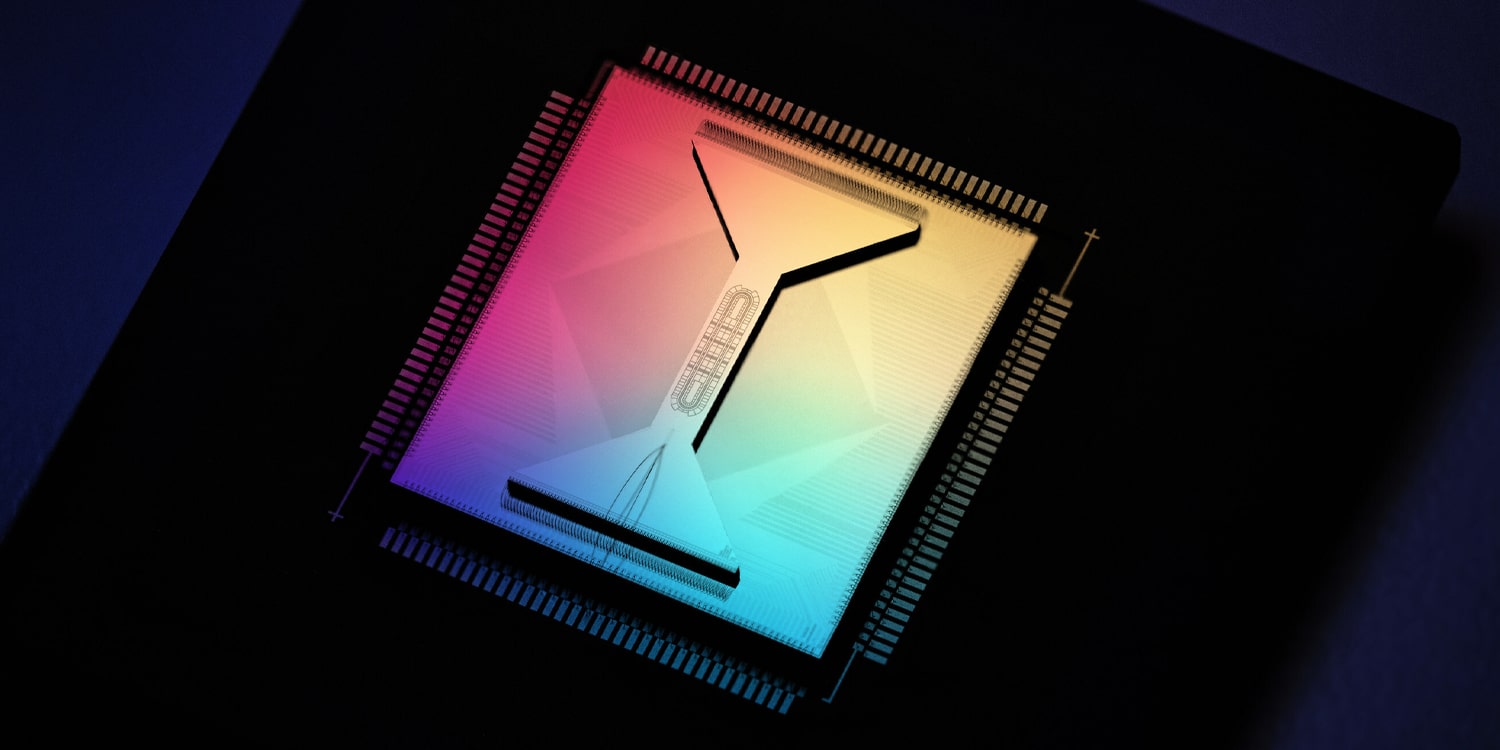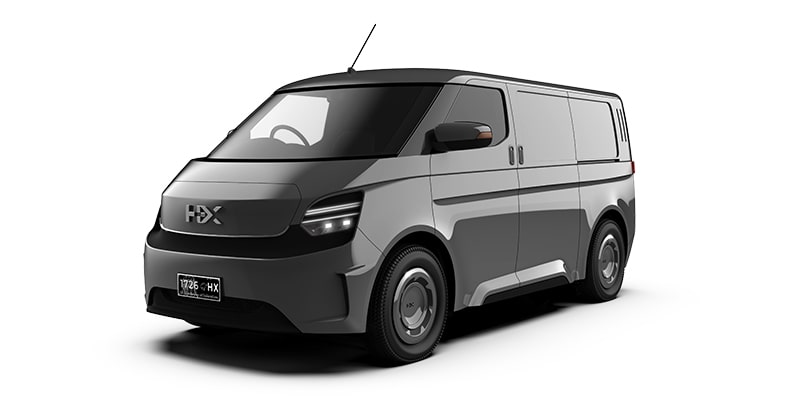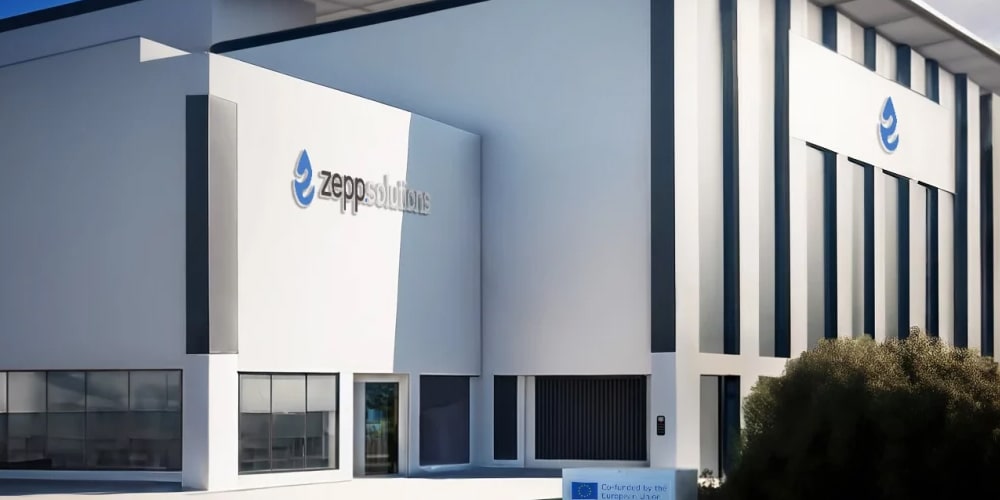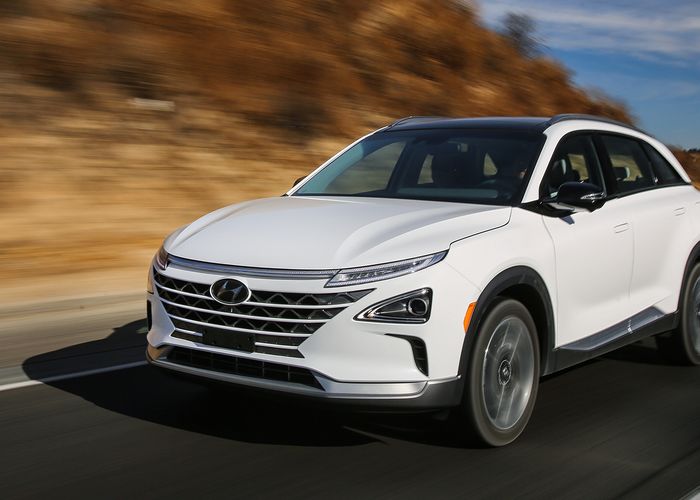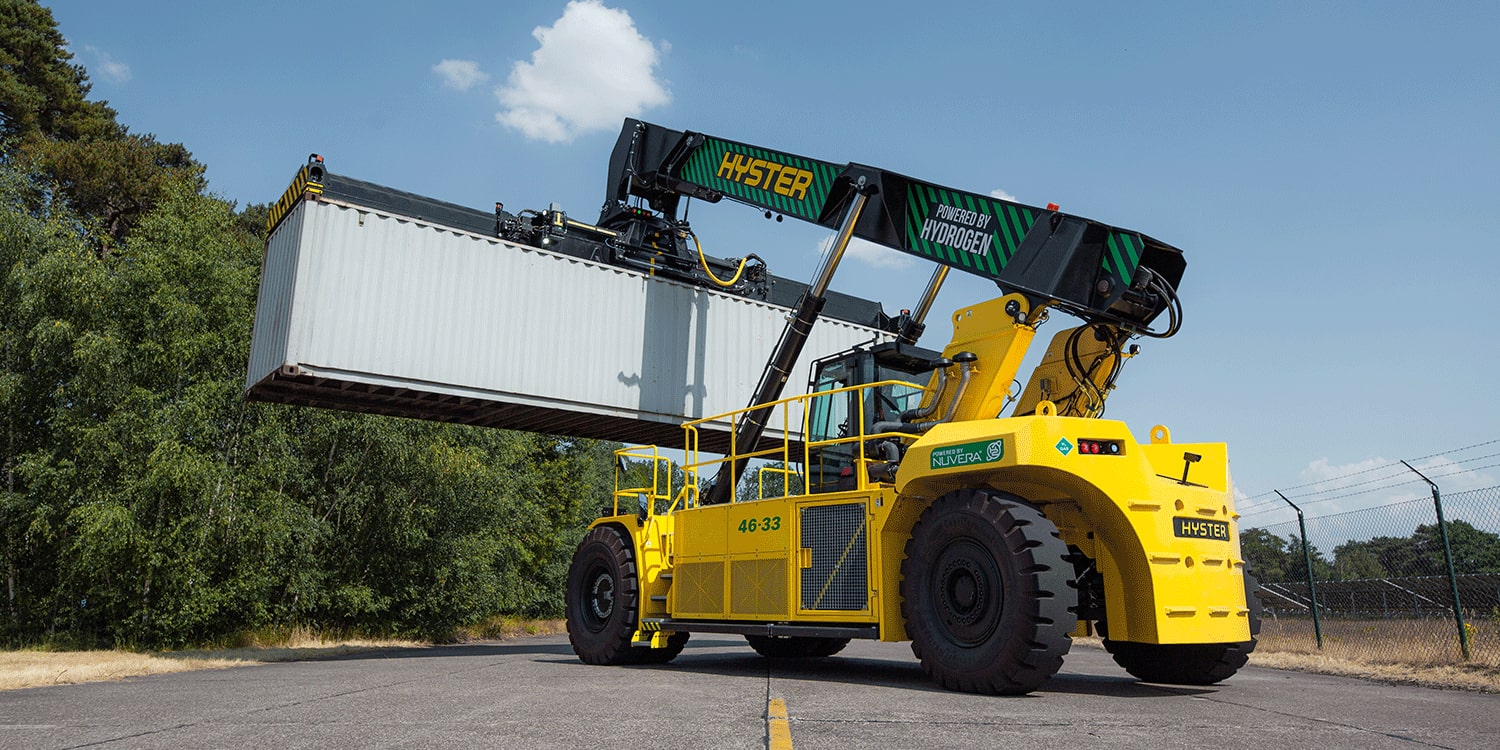ZeroAvia, a pioneering name in the field of hydrogen-electric aviation, has unveiled a significant advancement in its pursuit of zero-emission flight. The company has successfully developed a high-performance compressor tailored for fuel cell-based aviation propulsion systems. This achievement marks a crucial step towards the realization of true zero-emission flight, leveraging the potential of hydrogen fuel cells to electrify aircraft.
One of the primary challenges in harnessing hydrogen fuel cells for aviation lies in ensuring a steady and high flow of oxygen to facilitate the chemical reactions within the fuel cell stacks. These reactions are vital for generating the necessary electricity to power the aircraft. Particularly at higher altitudes, the efficiency and power of air compressors become paramount. However, maintaining this efficiency must be achieved without compromising the aircraft’s payload capacity and range.
ZeroAvia’s newly introduced compressor has been meticulously designed and rigorously tested to meet the demanding requirements of hydrogen fuel cell-powered aviation propulsion systems. This compressor technology will play a central role in two of ZeroAvia’s upcoming hydrogen-electric engines: the ZA600, tailored for 9-19 seat aircraft with a targeted service entry by 2025, and the ZA2000, intended for 40-80 seat aircraft set to be operational by 2027.
The initial testing phase of the ZeroAvia compressor has yielded promising results, showcasing exceptional stability across a wide spectrum of power outputs and operational conditions. With the capability to support fuel cell systems delivering up to 900kW, this compressor far surpasses the power of existing alternatives. Moreover, it boasts remarkable power density, an aspect that ZeroAvia proudly emphasizes.
Notably, the ZeroAvia compressor introduces an innovative flow management approach that ensures zero latency. This cutting-edge design enables the compressor to be powered directly by the core electric propulsion system. Consequently, the need for additional inverters and electric motors, typical components of fuel cell systems, is eliminated. This streamlined approach not only simplifies the system but also contributes to reduced weight, ultimately enhancing reliability and facilitating the certification process of ZeroAvia’s powertrains.
The weight efficiency of this compressor technology, combined with its consistent performance across diverse operational parameters, positions it as an appealing solution for high-power and high-altitude transport applications. The design of the compressor adheres to stringent aerospace standards and environmental conditions, with certification testing slated to commence over the coming year.
See also: ZeroAvia Makes History with Maiden Flight of World’s Largest Hydrogen-Electric Powered Aircraft
The commendable performance achieved thus far serves as a validation of ZeroAvia’s comprehensive powertrain concept, promising substantial benefits for both airlines and the environment. Beyond its immediate application, ZeroAvia plans to leverage this technology to enhance testing of its HTPEM fuel cell stacks, catering to larger fixed-wing aircraft and rotorcraft applications such as the ZA2000.
ZeroAvia’s revolutionary hydrogen-electric engines function by utilizing hydrogen in fuel cells to generate electricity, subsequently powering electric motors responsible for aircraft propulsion. The emissions from this process are limited to water vapor, aligning seamlessly with the goal of zero-emission flight. With pre-order agreements already in place with major airlines like American, United, and Alaska, ZeroAvia’s journey towards sustainable aviation continues to gain momentum.

